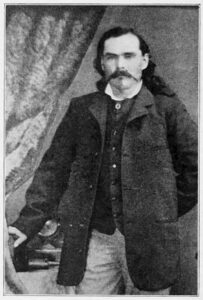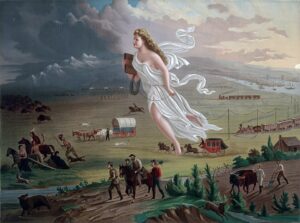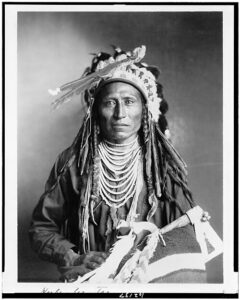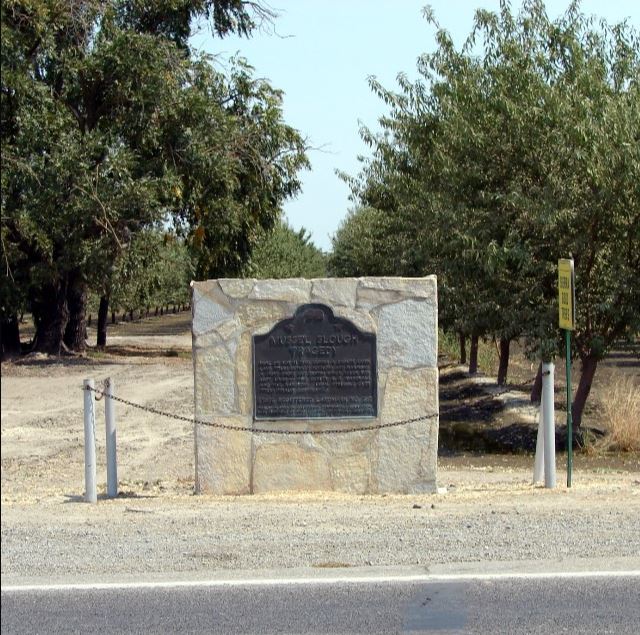
In the annals of American history, certain events are etched indelibly, while others languish in obscurity. One such forgotten chapter is the haunting tale of the Mussel Slough Tragedy. Nestled amidst the vast landscapes of California’s San Joaquin Valley, this poignant episode serves as a reminder of the clash between dreams and despair, ambition and betrayal, all played out against the setting of the late 19th century.
Picture a sun-drenched plain stretching far beyond the eye’s reach, the arid soil whispering tales of gold-rush dreams and manifest destiny. In Tulare County, California, in 1880, a group of disillusioned farmers established the Mussel Slough settlement. Drawn by the allure of fertile land and the promise of prosperity, these pioneers forged their livelihoods, planting seeds of hope amidst adversity.
Nevertheless, conflict lurked beneath the surface. Legal disputes and contentious railway policies entangled the farmers, as they found themselves caught in the clutches of the Southern Pacific Railroad. The railroad company’s land procurement practices, inflated rates, and the persistent pursuit of profit eroded the settler’s dreams.
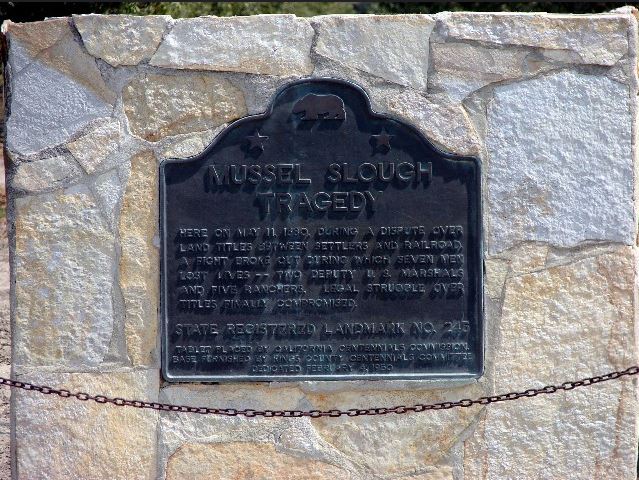
Desperation birthed resistance among the farmers of Mussel Slough. Their voices rose against the oppressive grip of the railroad, seeking justice for their plight. They challenged the company’s dominance, feeling crushed by economic disparity. Circumstances created a perfect storm leading to a fateful encounter.
On May 11, 1880, tensions boiled over, culminating in a ferocious clash between the settlers and representatives of the Southern Pacific Railroad. The conflict erupted at the Mussel Slough Depot, a focal point of frustration and resentment. The exchange of gunfire resulted in multiple fatalities and injuries on both sides, devastating the community. The exact sequence of events and casualties varies in different historical accounts.
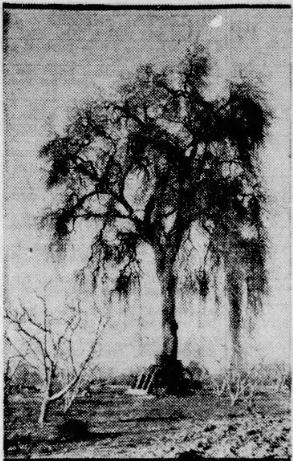
In a few fleeting moments, a tempest of bullets rained down upon the landscape, cutting through the air with merciless precision. When the uproar subsided, several men lay dead. Under the shade of an oak tree, the wounded found help in compassionate hands. The names of the dead and wounded were James Harris, Iver Knutson, J.W. Henderson, Archibald McGregory, Daniel Kelly, E. Haymaker, Walter J. Crow, and M.D. Hart.
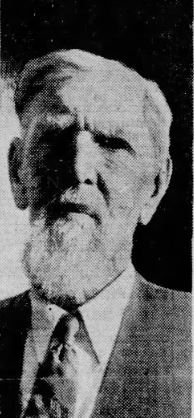
The aftermath of the Mussel Slough Tragedy was a mix of grief, legal battles, and shattered dreams. While some settlers faced criminal charges, the incident brought national attention to the plight of farmers in their struggle against powerful corporate interests. The tragedy catalyzed change, spurring discussions on land reforms, fair business practices, and the rights of everyday citizens.
Though the Mussel Slough Tragedy has faded from the collective memory, it represents a crucial turning point in American history. It reminds us of the sacrifices and struggles of those who sought to carve a better future from a harsh and unforgiving land. It prompts reflection on the ongoing struggle for social justice and the need to protect the rights of the marginalized in the face of powerful forces.
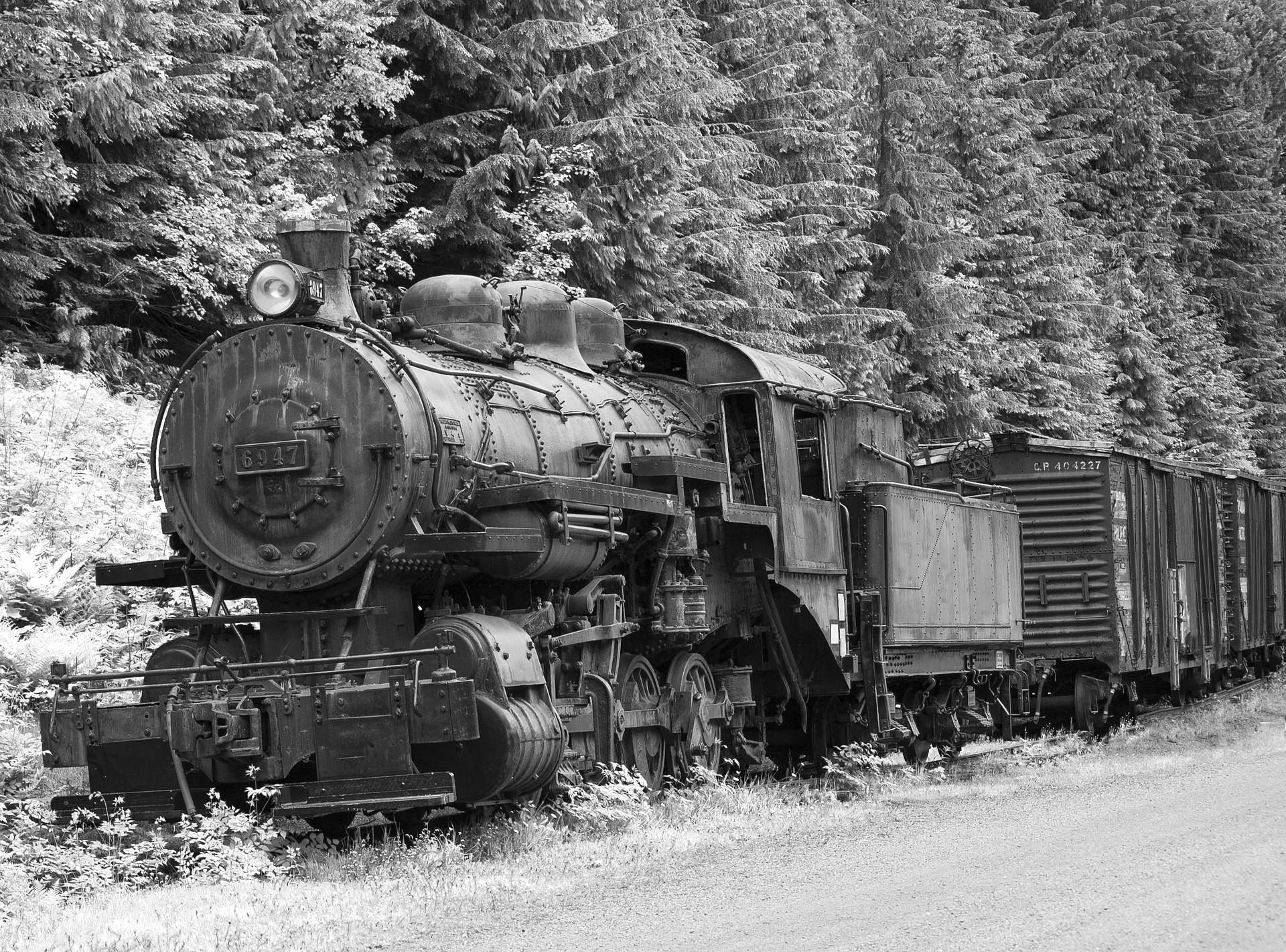
The Mussel Slough Tragedy is a distressing reminder of the human spirit’s resilience and the costs of unchecked power. It beckons us to uncover the stories that lie dormant in the annals of history, to shed light on forgotten chapters, and to honor those who fought for justice, their struggles etched forever in the fabric of the land they called home.
